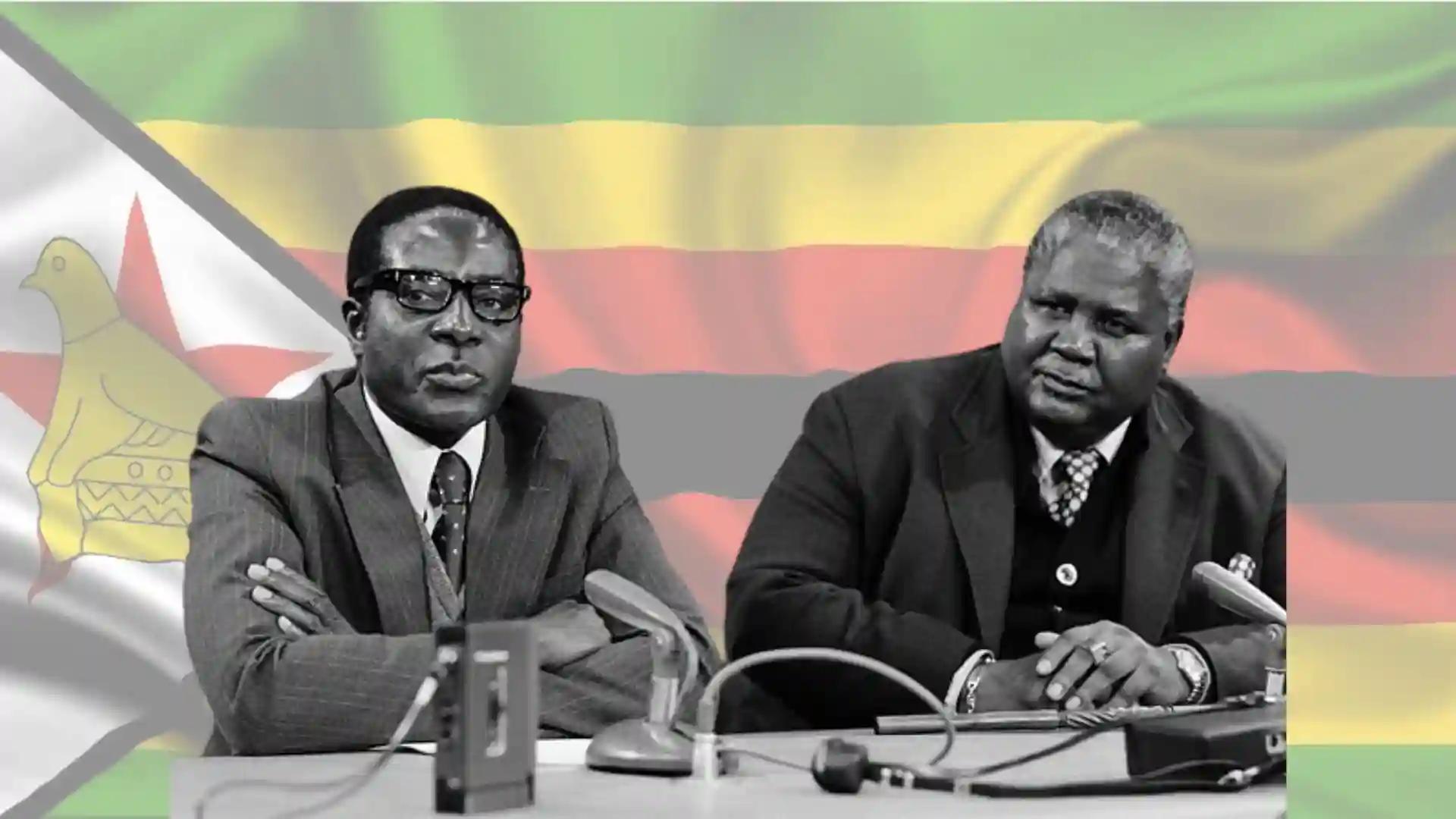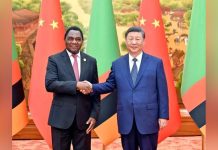Africa-Press – Zimbabwe. Promise Mkwananzi, the spokesperson of the opposition Citizens Coalition for Change (CCC), stated that focusing on tribalism actually reduces the likelihood of having a Ndebele President. He made these comments in response to Sengezo Tshabangu, who claims to be the interim Secretary-General of the CCC party. Tshabangu had expressed his mission to ensure that Bulawayo, a city where Ndebele is predominantly spoken, is represented in government by individuals who were born and raised in the city.
Commenting on the same matter, Zimbabwe’s former Tourism Minister, Dr Walter Mzembi attributes the divisions to the split of ZANU and ZAPU. He said Zimbabwean politics started off on a bad note when ZANU and ZAPU, nationalist groups and liberation movements, decided to separate instead of forming the Patriotic Front in 1980. He described the period as a missed opportunity to unite our people from the bottom to the top at the start of our independence led to tribal divisions. He said:
The departing point was who leads the PF and Government. The decision was settled tribally by a demerger and ethnic demographics reflecting themselves in the 1980 results . Ndebeles for Zapu (20 seats) and Shonas for Zanu( 57seats) , 20 reserved white seats and 3 for Bishop Muzorewa‘ s UANC . It was a tribal conquest that haunts us to this day . A cosmetic merger in 1987 (Unity Accord) after a very sad chapter in the history of our Country, Gukurahundi , the Unity Accord itself was more a conquest & restitution solution for the political actors of the time, the people felt betrayed and sought to find an alternative political home, first in the MDC, now CCC, whilst the shacky Unity Accord continues to hold for no one except the remnants. I give this background in the context of the Tshabangu Recalls, in which he seeks to justify why he is acting like a modern-day Judas Iscariot. Whoever is handling him is also a blunt instrument , in opening tribal and ethnic politics in this Region, and I refer here to his continuous references to “people from Masvingo imposed in Bulawayo” narrative. Matebeleland let alone Zimbabwe is looking for a “Joshua Nkomo” who really should have been the First Prime Minister of Zimbabwe bar tribal politics. He built a Nationalist Party inside which it was difficult to talk tribal politics because of deliberate and careful ethnic balancing in deployments and recruitments.
Mkwananzi responded to Mzembi’s submission by stating that Bulawayo has become a metropolitan city and should not function based on tribal divisions. He added:
In Harare, I always feel as though, if one were good at what they so, no matter where they come from, if they were socialized in Harare, speak the language decently, there wouldn’t be any issues as to their tribe or tribal history. Here is a group of people (led by Sengezo Tshabangu) that even exhumes tye history of an individual just to disqualify them on the basis of tribe. Yet the paradox is that, a tribal pursuit further diminishes rather than enhance chances of there ever being a Ndebele President. I thought that the wise thing to do was to de-tribalise politics & ensure that every citizens has an equal chance to the highest office on the land despite their tribe, gender, etc.
Mkwananzi emphasized that many elected officials in Bulawayo have been raised and immersed in the city’s culture, adopting its lifestyle and supporting local teams like Highlanders. He said this deep connection to the community is a result of factors such as intermarriages and migration. Mkwananzi questioned why someone who fully embraces the culture and language should be excluded from politics based on their surname. He pointed out that the demographics in Bulawayo show a diverse population and tribalising politics could lead to unintended consequences.
Mkwananzi suggested a diplomatic approach, highlighting that leaders chosen by the people should be embedded in their communities and that tribal contradictions should be diffused. He called for denouncing tribal connotations in modern politics and promoting reconciliation, unity, forgiveness, and restorative justice.
For More News And Analysis About Zimbabwe Follow Africa-Press






